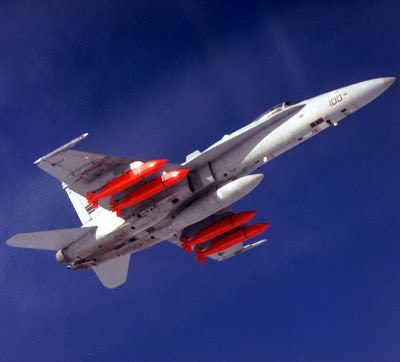"...The tripartite package is a “very clear signal” to Iran, Secretary of Defense Chuck Hagel said during his first official trip to the Middle East shortly after the arms sale was announced on April 19.
Iran got the signal and its state-owned PressTV responded by saying that justifying the latest arms deal by citing “the so-called Iran threat” was another example of the Obama administration’s efforts “to incite regional conflicts in the Middle East.”
But certainly, this huge transfer of weaponry to the Middle East is meant to telegraph other things as well.
“To me, it’s a bigger signal to Saudi than to Iran,” said Gary Sick, executive director of the Gulf/2000 project at Columbia University’s School of International and Public Affairs.
Gulf countries, and Saudi Arabia in particular, have become increasingly disenchanted with the United States for a variety of reasons, Sick explained. Those reasons include the US occupation of Iraq, which allowed Iran to significantly increase its presence there; the declared “pivot” to Asia as a region of US attention; Washington’s willingness let Egypt’s former president Hosni Mubarak fall to a revolution, as well as its reluctance to get more involved in the Syrian civil war.
In addition, the Saudis fear that Washington wants to closely re-engage with Iran in a relationship similar to the one it had before Iran’s 1979 Islamic revolution, adversely affecting Riyadh’s alliance with the United States, Sick said.
So, with the latest arms deal, he added, “we’re sending them a clear signal that we trust them, that we intend to work with them in the future, that we share their views about Iran” and that “their fears are unfounded.”
For Israel, the arms deal was meant to once again demonstrate US commitment to Israel’s security. “This is a concrete thing that [President Obama] set out to do as part of [making] the US–Israel defense relationship stronger than ever,” one Pentagon official said, according to the media briefing transcript.
The officials were at pains to point out that Israel’s military edge over its neighbors was not affected by the new arms package. In fact, it was probably strengthened, and that was the sine qua non for selling more advanced weaponry to the Saudis and Emiratis. As one Pentagon official noted at the briefing: “Qualitatively, it really raises the level of Israel’s military superiority to a level it has not been before, and I think that has allowed us to provide a rise in the level of the Gulf partners, as well.”
And yet, this new arms package raises some significant and troubling questions.
For one, if the Obama administration is seeking to restrain Israel from militarily attacking Iran’s nuclear development facilities, then why does the new arms package allow it to purchase more advanced refueling tanker planes? These will enhance Israel’s ability to carry out long-distance aerial strikes.
Second, with international sanctions hurting Iran, its military capabilities and equipment are ever more decrepit relative to its neighbors. So why load up US allies with advanced weaponry that is unlikely to be needed defensively?
More broadly, one can ask whether the United States is being responsible by continuing to arm its Middle East allies with ever more sophisticated arms when the dire problems of this unstable region are not amenable to military solutions.
The Israeli–Palestinian conflict, the Syrian civil war, the implosion of Egypt’s economy, the sectarian violence in Iraq, the lack of political and civil rights in the Gulf and Iran’s ambitions to become a nuclear weapons power are what makes the region unstable.
None of them will be cured by V-22 Ospreys, F-15 fighter jets or precision-guided missiles.
Questioning Washington’s transfer of ever-more advanced weaponry to the Middle East is legitimate, Sick says. But this latest arms deal is just another instance of how the US has long approached the region.
“Arms are the coin of the realm,” he said. “It’s the way we conduct diplomacy in the Middle East … It’s an old game. It’s one that’s been played for the last 30, 40, 50 years. But it keeps getting escalated because the level of arms gets more sophisticated.
“Of course,” he added, “we’re making money at the same time.” ..."
"'America is something that can be easily moved. Moved to the right direction.They won’t get in our way'" Benjamin Netanyahu
Wednesday, May 22, 2013
“Arms are the coin of the realm, It’s the way we conduct diplomacy in the Middle East!"
Subscribe to:
Post Comments (Atom)

No comments:
Post a Comment